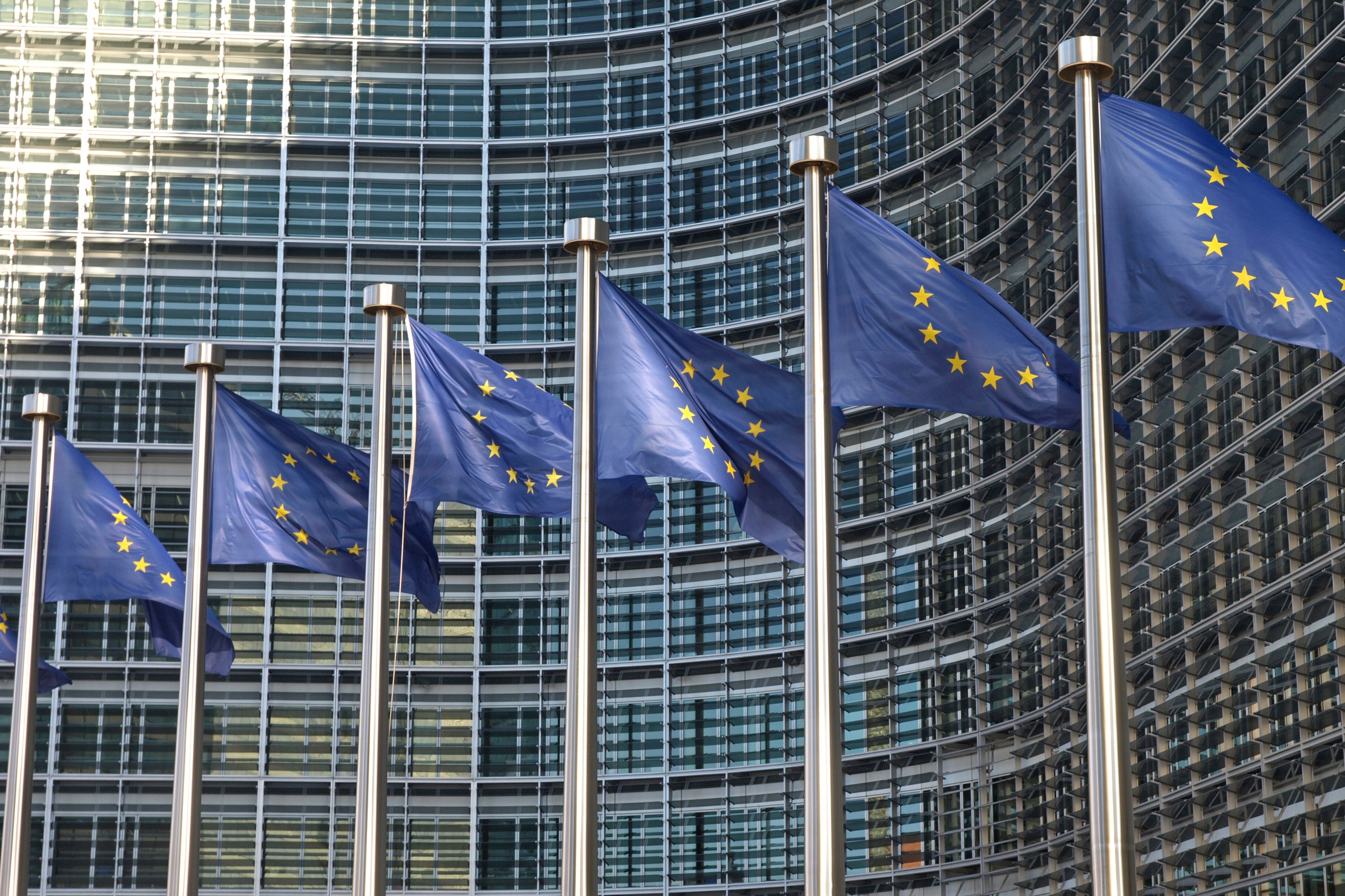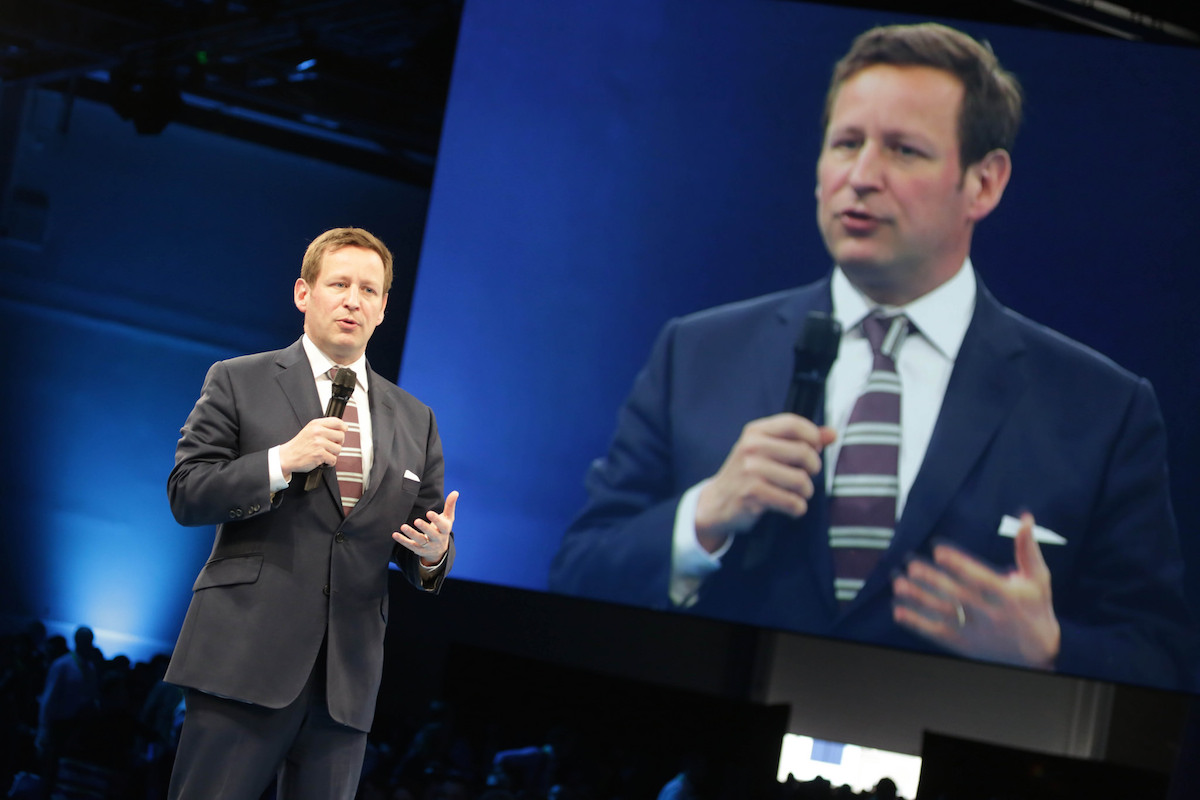Appoint tech minister to drive digital UK, say Lords
House of Lords Digital Skills Committee warns that 10% of UK workforce must have top digital skills by 2020

The next government must appoint a digital cabinet minister to drive the UK's tech economy at this "make or break" point in its history, claims a House of Lords report today.
The digital minister would push a digital agenda to position the UK as a global tech leader within five years, added the report, criticising the Coalition for a lack of co-ordination on digital initiatives.
Baroness Morgan of Huyton, who chaired the Digital Skills Committee responsible for the Make or Break: The UK's Digital Future report, said: "Digital skills can no longer be dealt with by individual departments this must all join up.
"We urge the new government to create a cabinet minister post to steer this digital agenda through.
"We are at a make or break point for the future of the UK for its economy, its workforce and its people.
"This report declares the UK must aim to be a global digital leader, and only clear leadership from the government will get us there."
The recommendation was welcomed by industry trade body techUK, whose deputy CEO, Anthony Walker, said it matched points made in the body's own manifesto, published last year.
Get the ITPro daily newsletter
Sign up today and you will receive a free copy of our Future Focus 2025 report - the leading guidance on AI, cybersecurity and other IT challenges as per 700+ senior executives
He added: "They are absolutely right that it is make or break time to secure the UK's digital future.
"Leadership is vital and this report echoes techUK's call for a single, joined-up, digital strategy with a dedicated cabinet minister."
The current government's digital agenda is driven by the Government Digital Service (GDS), which has set about transforming Whitehall with a number of initiatives.
It also has a minister for the digital economy in Ed Vaizey.
Labour, yet to reveal its own digital strategy ahead of May's general election, is considering recommendations made in a recent independent Digital Government Review.
They include a suggestion that each secretary of state takes responsibility for transforming their own department's digital service, but the House of Lords report criticised the unco-ordinated efforts it sees evident in the current government.
It read: "Evidence from the two ministers did not reassure us that there was sufficient coordination. We were told that the current digital activity' the government is responsible for includes four government ministers, a taskforce, a committee, a unit and 'various other random issues'.
"This does not demonstrate a cohesive digital approach to us."
The committee also highlighted a need to make digital literacy a third core subject, alongside English and maths.
It said 35 per cent of UK jobs are at risk of automation, and the government has not done enough to educate pupils in IT.
Baroness Morgan said: "Our approach to educating people of all ages needs a radical re-think. From an early age we need to give digital literacy as much importance as numeracy and literacy.
"While we welcome the introduction of the computing curriculum, we are concerned about the ability of teachers to deliver it, with more than half of our IT teachers not having a post-A level qualification relevant to IT.
"At the higher education level, there is an urgent need for industry input, so that graduates are learning job-relevant digital skills."
It called for training to help teachers equip themselves to teach digital skills to pupils, and pointed to the importance significantly increasing the number of girls studying STEM subjects at further and higher education.
The government must ensure that a tenth of the workforce has high-level digital skills by 2020, the committee added.
However, one potential obstacle to this is the prevalence of mobile not-spots, which the government hopes to tackle with a 5 billion commitment from telcos.
Despite acknowledging these efforts, the report said: "We find it unacceptable that, despite government efforts, there are still urban areas experiencing internet not-spots', which is hampering universal coverage and the UK's international competitiveness."
-
 Cleo attack victim list grows as Hertz confirms customer data stolen
Cleo attack victim list grows as Hertz confirms customer data stolenNews Hertz has confirmed it suffered a data breach as a result of the Cleo zero-day vulnerability in late 2024, with the car rental giant warning that customer data was stolen.
By Ross Kelly
-
 Lateral moves in tech: Why leaders should support employee mobility
Lateral moves in tech: Why leaders should support employee mobilityIn-depth Encouraging staff to switch roles can have long-term benefits for skills in the tech sector
By Keri Allan
-
 HPE inks $2 billion high-performance computing deal with the NSA
HPE inks $2 billion high-performance computing deal with the NSANews HPE will provide scalable on-premises computing to the NSA using Greenlake
By Danny Bradbury
-
 White House launches official investigation into use of personal email accounts
White House launches official investigation into use of personal email accountsNews Senate Intelligence Committee rebukes Kushner for omitting private account
By Adam Shepherd
-
 UK to re-invest £645m into 'superfast' broadband rollout
UK to re-invest £645m into 'superfast' broadband rolloutNews £465 million was recovered from contract clauses with BT
By Dale Walker
-
 UK government offers £16m 5G research fund for 2018 trials
UK government offers £16m 5G research fund for 2018 trialsNews Three universities will share the cash to help develop test networks
By Dale Walker
-
 Ofcom: Millions of homes unable to access "decent" broadband
Ofcom: Millions of homes unable to access "decent" broadbandNews Regulator Ofcom says an "unacceptable" number of businesses and homes cannot access speeds over 10Mbit/s
By Dale Walker
-
 Autumn Statement: Hammond wants to turn startups into scale-ups
Autumn Statement: Hammond wants to turn startups into scale-upsIn-depth Chancellor announces 5G funding and cash for driverless cars
By Joe Curtis
-
 Telcos offer Europe 5G networks if EU weakens net neutrality
Telcos offer Europe 5G networks if EU weakens net neutralityNews Mobile companies say net neutrality threatens their returns on investment in 5G
By Aaron Lee
-
 Are we really better off as part of the EU?
Are we really better off as part of the EU?News Ed Vaizey certainly thinks you are if you’re a start up or innovator…
By Maggie Holland